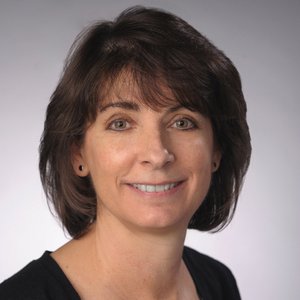
College of Arts and Sciences faculty and alumni are established experts in their fields and valued sources who can unpack the nuance of today’s trending topics. Explore the latest media appearances by members of A&S.

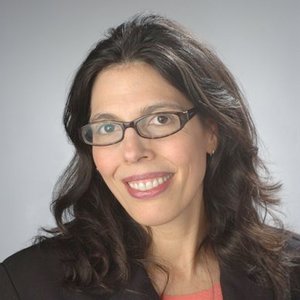
Forensics Instructor Discusses Super Bowl Security
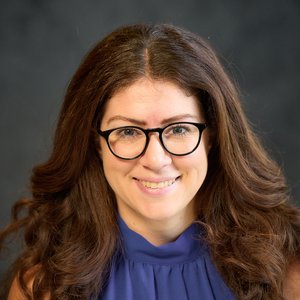
HDFS Professor Discusses Relationship Goals with USA Today
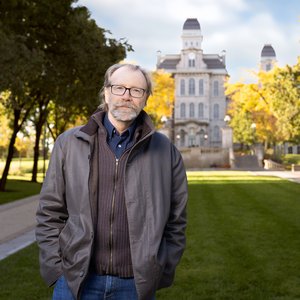
Professor George Saunders G’88 Featured in The New York Times
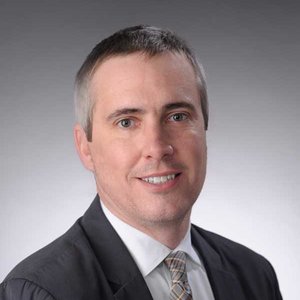
Online Safety for Children

Forensics Instructor Quoted in Fox News on Global Security Threats
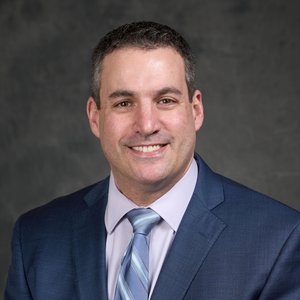
Forensics Professor Interviewed by San Diego ABC Station
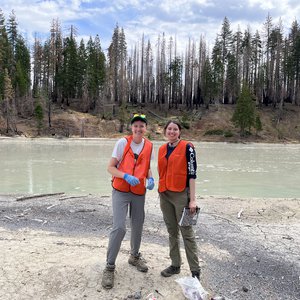
A&S Researchers Featured in Nature for Discovery of Heat-Loving Amoeba
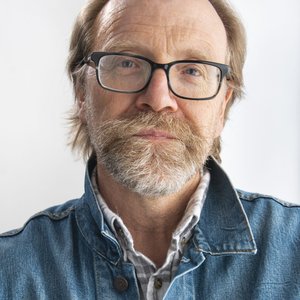
George Saunders Receives Lifetime Achievement Medal

HDFS Professor Quoted in USA Today on Celebrity Relationships
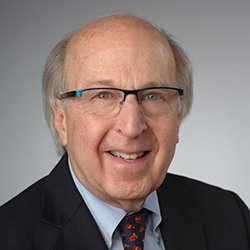
A&S Ethics Expert Quoted in NYT Article on Pet Cloning
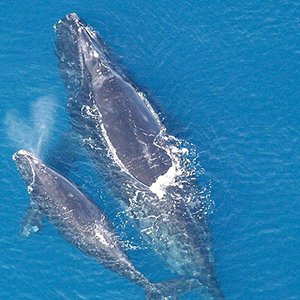
Biology Professor Discusses Whale Whispering on Podcast

HDFS Professor Talks Smartphone Bans with Washington Times
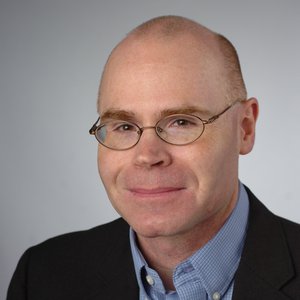
A&S Professor Quoted in NYT on Taylor Swift's Cultural Impact
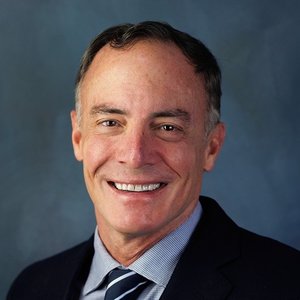
ADHD and Social Habits
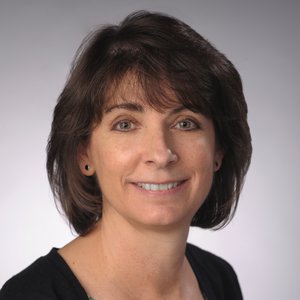
FNSSI Director Featured in ForensicsColleges.com Q&A
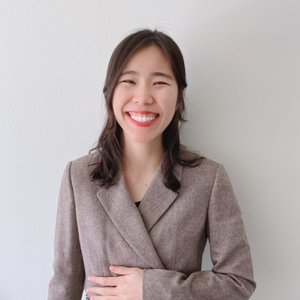
Psychology Professor Featured on WCNY Podcast
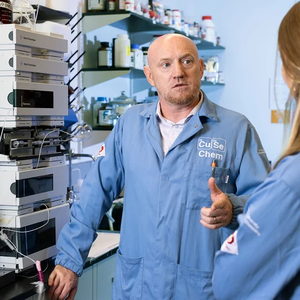
Reimagining Obesity Treatment

HDFS Professor Quoted in The New York Times
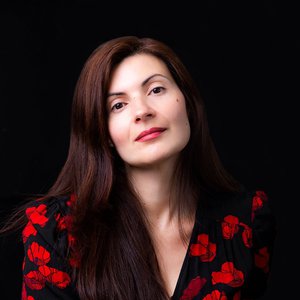
The Guardian Profiles SU Professor Mona Awad

HDFS Professor Offers Insight on Cell Phone Restrictions
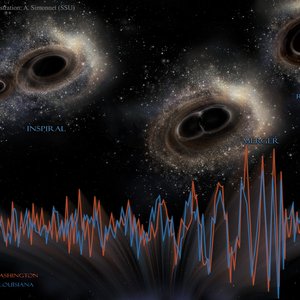
A&S Physicist Featured in Nature’s LIGO Anniversary Coverage
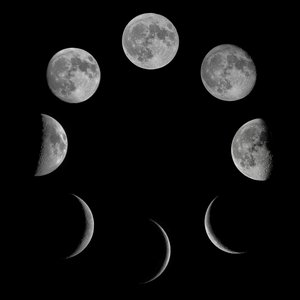
A&S Physicist Sheds Light on Black Moon
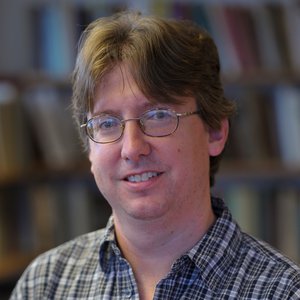
Philosophy Professor Featured in New York Post Ethics Story
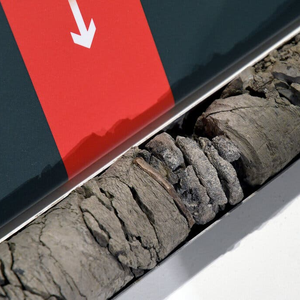
EES Professor Quoted in New York Times
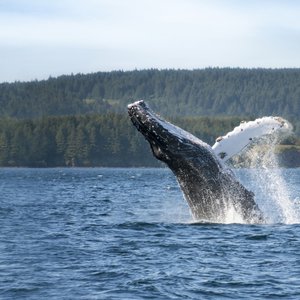
Decoding Humpbacks’ Bubble Rings
A recent study highlighted in Scientific American explored this rare and puzzling behavior, with biology professor Susan Parks offering insights.
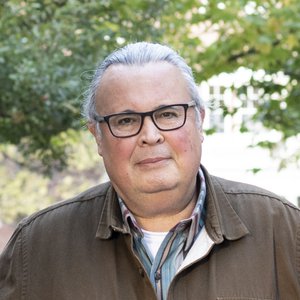
Boston Globe Spotlights A&S Professor's Exhibition at the Farnsworth
Scott Manning Stevens, director of the Native American and Indigenous Studies Program and the Center for Global Indigenous Cultures and Environmental Justice, was recently featured in the Boston Globe for his curatorial work on Native Prospects: Indigeneity and Landscape at the Farnsworth Art Museum.
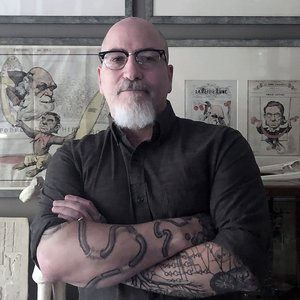
Biology Professor Quoted in BBC on Mysteries of Sperm
Pitnick discussed how sperm behavior inside the female body is one of the "greatest unexplored frontiers" in reproductive biology.
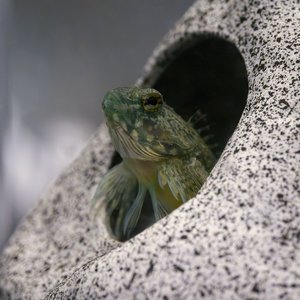
A&S Biologist Discusses Fishy Friction on Academic Minute
Professor Austin Garner talked about how certain fish have evolved finger-like projections to increase adhesion with underwater surfaces.
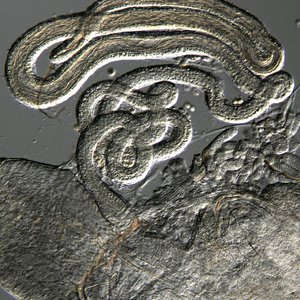
A&S Biologists' Research Highlighted in Article on Species Evolution
A study by Steve Dorus and Scott Pitnick was featured in an article in The Scientist on how female choice shapes the evolution of species.
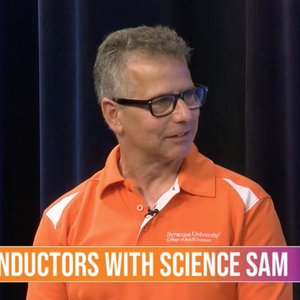
'Science Sam' Explains Semiconductors on Bridge Street
Physics lab manager Sam Sampere gave a lesson on semiconductors on NewsChannel 9's Bridge Street.
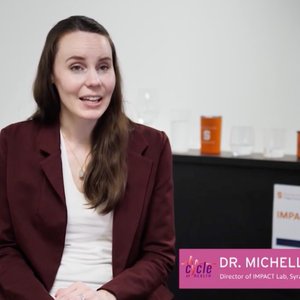
Department of Psychology Featured on WCNY's Cycle of Health
Professors Stephen Maisto and Michelle Zaso discussed the latest research on alcohol use disorder and recovery.
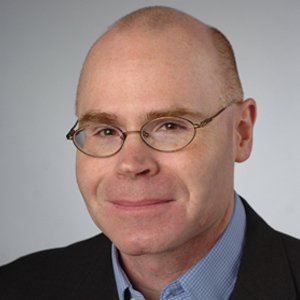
AMH Professor Reflects on Anniversary of Music Legend’s Album
Professor Theo Cateforis discussed the impact of artist Patti Smith's first album, which mixed punk, poetry and performance.
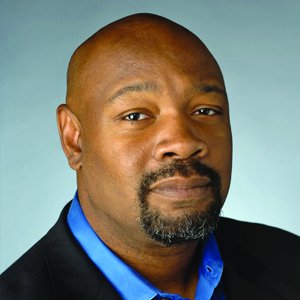
AAS Professor Discusses Ford Plant’s Impact on California Town
Professor Herbert G. Ruffin II talked with KQED about how a Ford factory in Milpitas changed the face of a town.
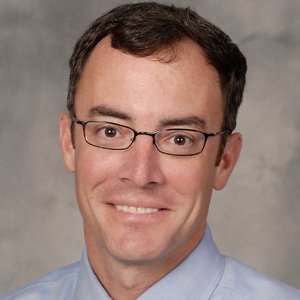
ADHD Rates on the Rise: A&S Expert Weighs In
Professor Kevin Antshel was quoted in a Gizmodo article exploring why ADHD rates are significantly higher in the U.S. than in most other countries.

WebMD Talks with A&S Psychologist about AuDHD
Professor Kevin Antshel discussed the questions people should ask if they suspect they might have AuDHD (autism and ADHD).
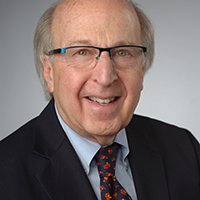
Philosophy Professor Shares Insights on Dire Wolf De-extinction with ABC News
Philosophy professor Samuel Gorovitz explained that reviving extinct species is genetically impossible, as only adult dire wolves have the ability to raise a dire wolf.
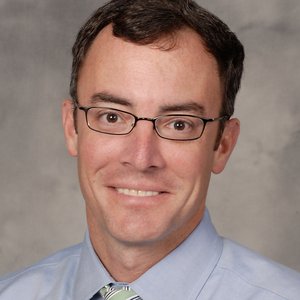
Psychology Professor Discusses the Impact of Social Media on ADHD Diagnoses in NPR Article
Professor Kevin Antshel was quoted in a piece highlighting how social media, especially TikTok, has become a popular platform for sharing ADHD symptoms and advice.
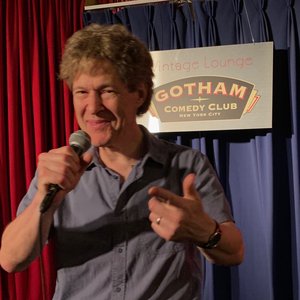
Jewish Studies Professor Interviewed on New Books Network Podcast
Ken Frieden, B.G. Rudolph Professor of Judaic Studies, discussed his book, "Travels in Translation: Sea Tales at the Source of Jewish Fiction," and his interest in humor.
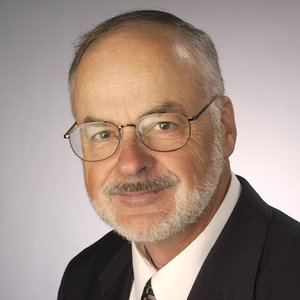
AAS Emeritus Professor Interviewed by WAER about Syracuse Abolitionists
Milton Sernett, professor emeritus of African American studies, discussed the key role the City of Syracuse played in supporting freedom seekers on the Underground Railroad.

Forensics Professor Talks with CBS News about DNA Testing Method
Professor Michael Marciano offered insight about whole genome sequencing, a method used by forensic researchers to identify individuals in criminal investigations and missing persons cases.

Syracuse.com Spotlights Opera Inspired by George Saunders' Book
An opera inspired by Saunders' Lincoln in the Bardo will open at New York’s Metropolitan Opera.
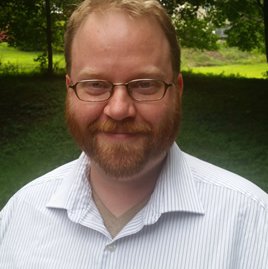
A&S Physicist's Insight on Newly Detected Neutrino Featured in Associated Press
Professor Denver Whittington commented on a recent event where a neutrino detector, submerged in the Mediterranean Sea, detected the most energetic neutrino to date.

Newsweek Profiles A&S Professor's Weight Loss Drug Research
The article discusses a groundbreaking weight loss medication that has the potential to compete with well-known drugs like Ozempic and Wegovy, but without certain side effects.
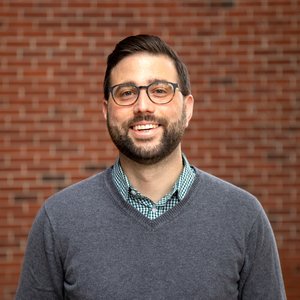
EES Seismologist Comments on Maine Earthquakes
Joshua Russell discussed the rarity of two earthquakes felt off the coast of Maine in January 2025.

Associated Press Features AMH Professor's Insights on Grammy Awards
Professor Theo Cateforis was quoted about the controversy behind the Grammy's 'best new artist' category.
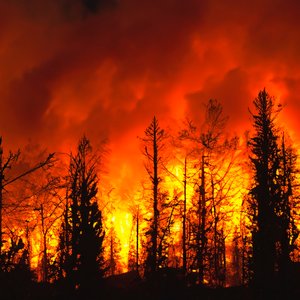
A&S Earth Sciences Professor Quoted on Santa Ana Winds that Contributed to Widespread Wildfires
Earth Sciences Professor Tripti Bhattacharya discussed the future timing of Santa Ana winds and their impact on wildfire risks.
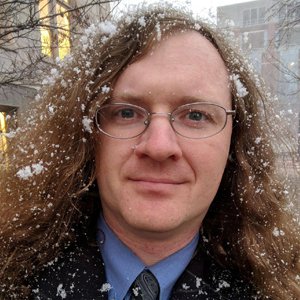
Physics Professor Offers Background on Rare Black Moon
Physics Professor Walter Freeman was interviewed by The Daily Mail about the lunar phenomenon called the 'black' moon, which occurred on December 30.
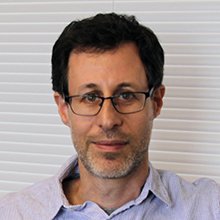
Psychology Professor Provides Tips for Better Sleep in BBC Article
Professor Les Gellis discussed the importance of focusing on non-stimulating thoughts before bed.

Forensics Professor Explains the Role of DNA Fingerprinting in Solving Criminal Cases
Professor Michael Marciano was interviewed for a ForensicsColleges.com article highlighting the applications, accuracy and challenges associated with DNA fingerprinting.
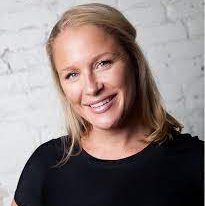
A&S Forensics Expert Shares Insight on Crime Scene Analysis with The Trace
Forensics professor Maria Pettolina stressed the importance of ensuring evidence remains unaltered during a criminal investigation.

Psychology Professor Discusses Post-Pandemic ADHD Surge with Academic Minute
Professor Kevin Antshel explained why ADHD diagnoses are becoming more and more common.
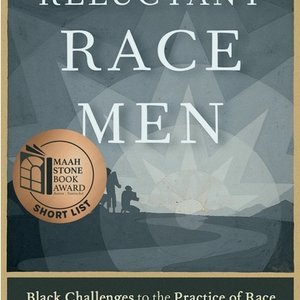
African American Studies Professor Interviewed on New Books Network Podcast
Professor Joan Bryant appeared on the podcast to discuss her new book, "Reluctant Race Men: Black Challenges to the Practice of Race in Nineteenth-century America."
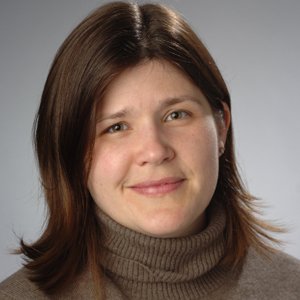
NBC News Interviews Biology Professor About Baleen Whale Hearing
Professor Susan Parks discussed the possible effects of human-generated ocean sounds on baleen whales.
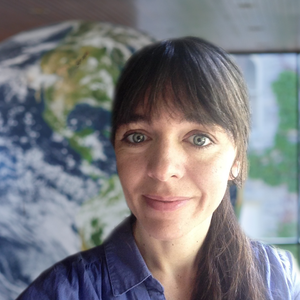
Earth Sciences Professor Quoted in ABC News on Northeast Drought
Professor Elizabeth Carter talked about the implications of the lack of precipitation.

A&S Psychologist Talks Election Stress with Major News Outlets
Professor Kevin Antshel shared tips on how to manage your stress during the 2024 election with media companies including ABC News.

Native American Studies Scholar Shares Perspective on Indigenous Peoples Day
Professor Scott Manning Stevens was quoted by USA Today.
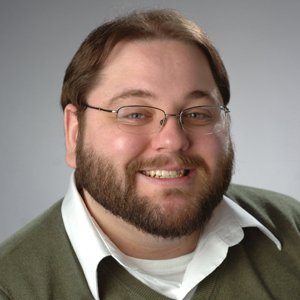
Psychology Professor Offers Tips for Managing Seasonal Affective Disorder
Insights from psychology professor Bradley Seymour were featured in an article on the media website Pop Sugar.

Biology Professor Quoted by Major Outlets on Whale Behavior
Professor Susan Parks provided insight for an NBC News article on whale feeding behaviors and a Hakai Magazine piece on whale communication.
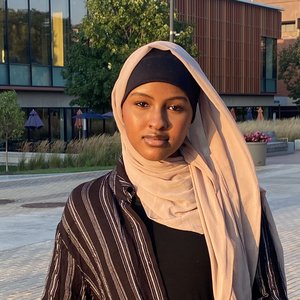
Engaged Humanities Undergraduate Research Assistant Shares Her Journey in Grist Article
Rayan Mohamed, an undergraduate research assistant with the Engaged Humanities Network in A&S, shared how the Narratio Fellowship inspired her passion for storytelling.
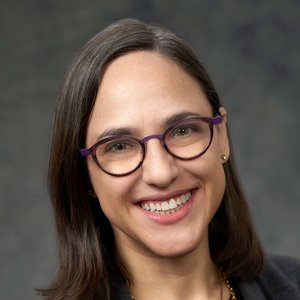
Jewish Studies Professor Comments on Controversial Mural in Milwaukee
Britt Tevis, the Phyllis Backer Professor of Jewish Studies in A&S, says the mural, which makes equivalencies between Jews and Nazis, has a “disturbing” precedent.

A&S Professor Interviewed by Scientific American on the Role of Forensics in Identifying 9/11 Victims
Professor Kathy Corrado was interviewed on the Science Quickly podcast, discussing how 9/11 transformed forensic science.
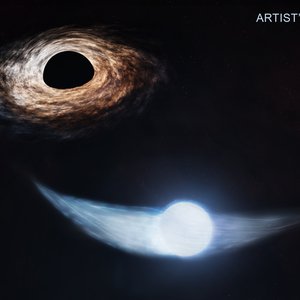
Major Media Outlets Spotlight Syracuse Physicist's TDE Research
NASA, BBC, and other major outlets highlight research by physics professor Eric Coughlin.
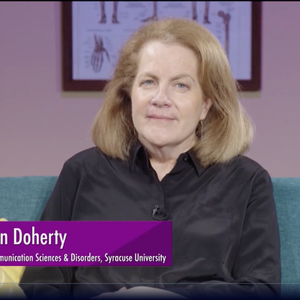
CSD Professor Karen Doherty Appears on Cycle of Health Episode About Hearing
In the episode, Doherty and other panelists discussed how hearing loss can impact aging adults and the latest hearing aid technology.
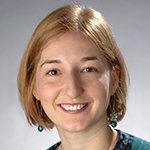
Professor Lisa Manning Talks Leadership with Syracuse.com
Manning, the William R. Kenan Jr. professor of physics, was interviewed for a Q&A which touched on her research, her views on leadership and other topics.
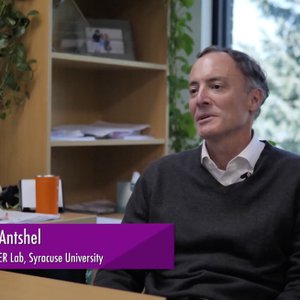
Psychology Professor Kevin Antshel Appears on PBS's Cycle of Health
Antshel talked about ADHD diagnosis and how treatment changes over a person's lifespan.
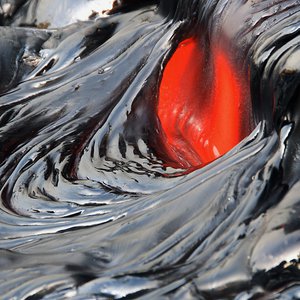
EES Emeritus Professor's Work with Lava Featured on The Weather Channel
Syracuse University Lava Project leaders Jeffrey Karson and Robert Wysocki appeared in an episode of The Weather Channel's "The Earth Unlocked."
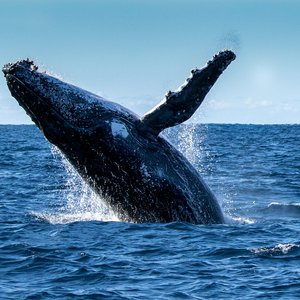
Biology Professor Susan Parks Featured on Twenty Thousand Hertz Podcast
The episode, entitled Silent Sea, discussed the impact of underwater noise pollution on whale survival.

Author and Professor of Creative Writing Mona Awad Featured in Boston Globe Q&A
Acclaimed author Mona Awad, whose bestselling book "Rouge" was recently published in paperback, spoke with the Boston Globe about her reading interests.
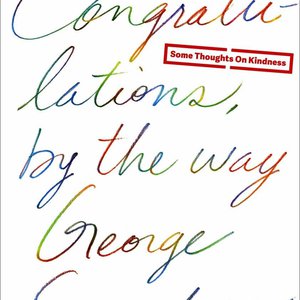
Business Insider Names George Saunders' "Congratulations, by the way" a Top Graduation Gift
Saunders' book, which was inspired by his famous 2013 graduation speech at Syracuse, was included in Business Insider's 2024 list of graduation gift ideas.
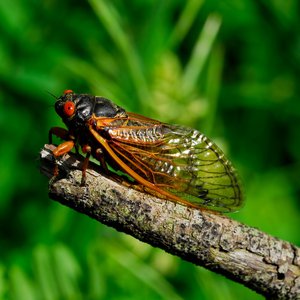
A&S Biology Professor Talks with ABC News about Upcoming Mass Emergence of Cicadas
For the first time in more than 200 years, two broods of cicadas will emerge from the ground simultaneously.
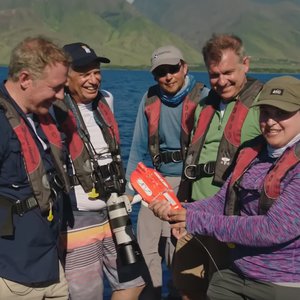
Biology Ph.D. Student Appears on PBS Kids Show Wild Kratts
Julia Zeh's research with acoustic tagging was featured on an episode titled, Our Blue and Green World.
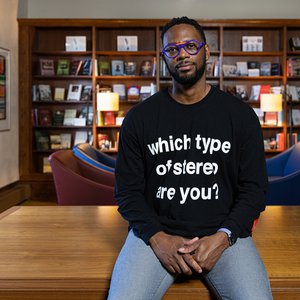
Professor Luvell Anderson Appears on the Foreign Press Podcast
Anderson spoke about history and importance of Black History Month.
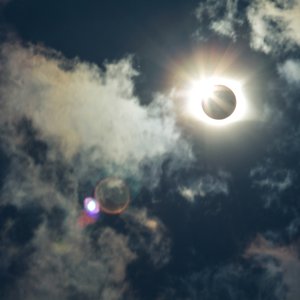
A&S Faculty Offer Insight on the 2024 Great American Eclipse
News organizations around the United States turned to College of Arts and Sciences professors for their expertise about the total solar eclipse on April 8, 2024.
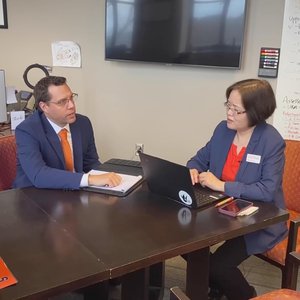
Spectrum News Spotlights A&S | Maxwell Advising's International Student Success Model
The cutting edge model earned A&S | Maxwell Academic and Career Advising the 2024 Senator Paul Simon Spotlight Award for Campus Internationalization.
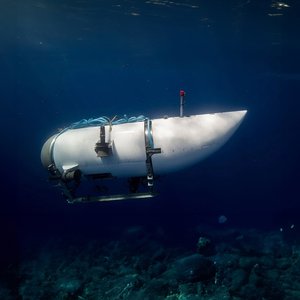
EES Professor Emeritus Quoted in Articles about Titan Sub Audio
Jeffrey A Karson, professor emeritus of Earth and environmental sciences, said that underwater banging heard by the U.S. Coast Guard that many believed might be the Titan crew was likely to be 'wishful thinking.'
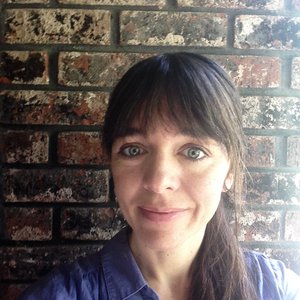
Earth and Environmental Sciences Professor Offers Context on Water Crisis in Mexico City
Professor Elizabeth Carter discussed how U.S. policy and infrastructure have played a major role in propagating the issue.
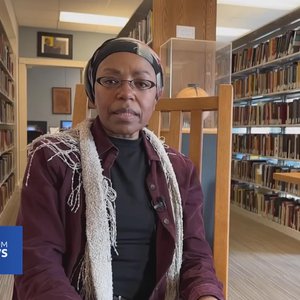
AAS Professor Quoted in Spectrum News Story on the History of the Black Church
Professor Joan Bryant discussed the ways in which the church and religion have provided a space of sanctuary, support and empowerment within the Black community.
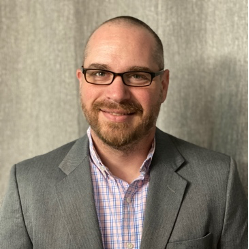
Forensics Professor James Crill Appears on Behind the Biology Podcast
The podcast, produced by the American Type Culture Collection, features discussions with industry leaders about their careers and the future of their respective fields.
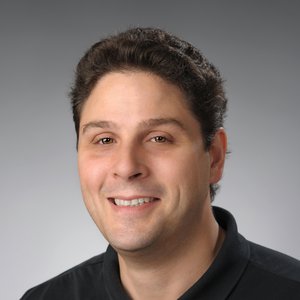
A&S Physicist Talks with Digital Trends About Next-Generation Gravitational-Wave Observatories
Professor Stefan Ballmer spoke about the importance of building new detectors capable of better sensitivity.
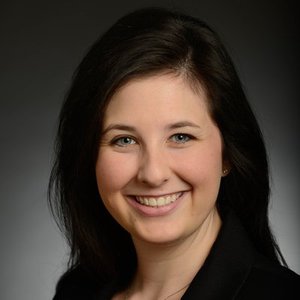
Psychology Professor Quoted in Healthline Article on Risk Factors for People With Obesity
Professor Katie Kidwell spoke about a recent study which found that those who are socially isolated, lonely and obese face a higher risk of death.

FNSSI Executive Director Interviewed by Virginia Public Media News
Professor Kathleen Corrado spoke about alleged misconduct by Mary Jane Burton, a former forensic lab analyst in Virginia.
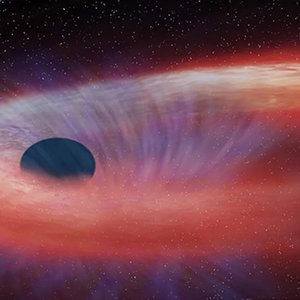
TDE Research by A&S Astrophysicists Makes Headlines
Published in Astrophysical Journal Letters, their research is helping to unlock key information about supermassive black holes and the stars they engulf.
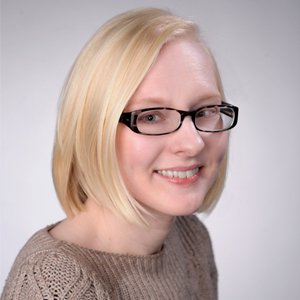
Psychology Professor Shares Tips for Navigating Holiday Gatherings
Professor Afton Kapuscinski talked with Spectrum News about ways to manage challenging family conversations, sensitive topics and conflicts during the holiday season.
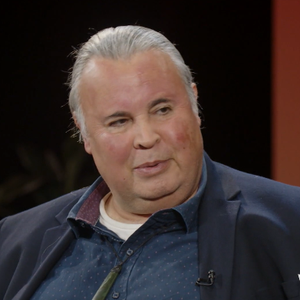
Professor Scott Manning Stevens Appears on PBS' Connect NY
Stevens joined a panel discussion about ongoing issues for Indigenous peoples in New York.

Physicist Stefan Ballmer Quoted in Digital Trends Article Exploring the Expansion of the Universe
Ballmer detailed the importance of gravitational-wave detection in addressing expansion rate discrepancies.
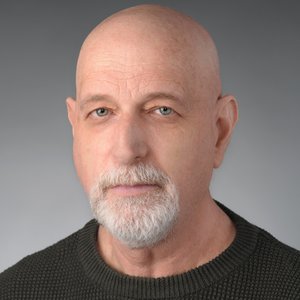
Creative Writing Professor Christopher Kennedy Featured in Literary Hub Q&A
Kennedy discussed his sources of poetic inspiration and spoke about his forthcoming book.
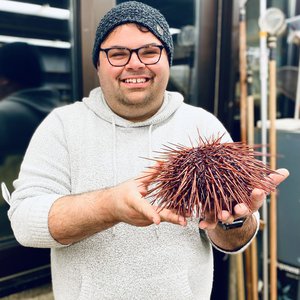
Biology Professor Austin Garner Appears on Academic Minute
Garner discussed how climate change is impacting sea urchins' ability to survive.
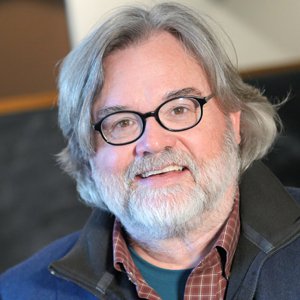
Professor Philip Arnold Discusses Indigenous People's Day with KCBS Radio
Arnold spoke about the recent efforts in the United States to refocus Columbus Day into Indigenous People's Day.
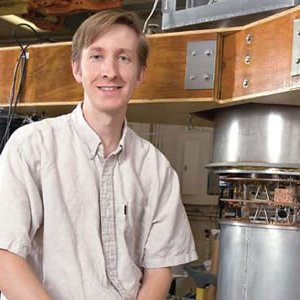
Physicist Britton Plourde Quoted in Scientific American
Plourde provided technical expertise about the future of quantum computing.

Creative Writing Professor Mona Awad Profiled by New York Magazine in Advance of New Book
The feature covered her writing career as a fiction author and spotlighted her teaching in the creative writing program.

Psychology Professor Shares Commonly Missed Signs of ADHD in Parade.com Article
Professor Kevin Antshel talked about how adults sometimes miss signs of ADHD or misattribute the symptoms to something else.
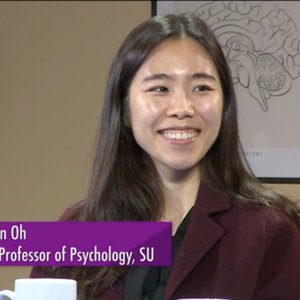
Psychology Professor Discusses Happiness on Cycle of Health
Jeewon Oh, assistant professor of psychology, was a featured guest for a round-table discussion about how to be happier.
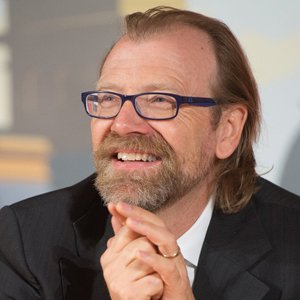
George Saunders Accepts Library of Congress Prize for American Fiction
Creative writing professor George Saunders was awarded the prize during the 2023 National Book Festival in Washington, D.C.
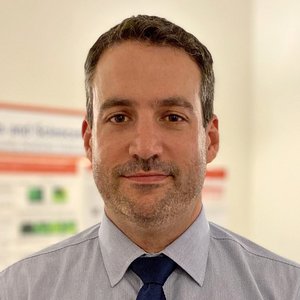
Forensics Professor Quoted by BBC and Reader's Digest
In a BBC article, Professor Michael Marciano commented on challenges associated with identifying victims of the deadly wildfires in Hawaii. In a Reader's Digest feature, he talked about how advances in forensic DNA analysis are helping unite families.
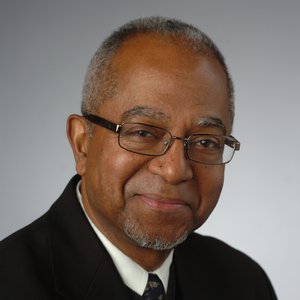
English Professor Silvio Torres-Saillant Comments on Digital 'Nomads' in the Dominican Republic
Torres-Saillant weighed in on the trend of young professionals who work remotely moving to Cabarete and driving up the cost of living.
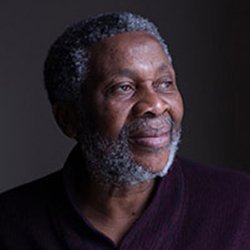
AAS Professor Horace Campbell Appears on Democracy Now!
Campbell was interviewed about the potential intervention of U.S. and French forces following the removal of the Niger's president from power.
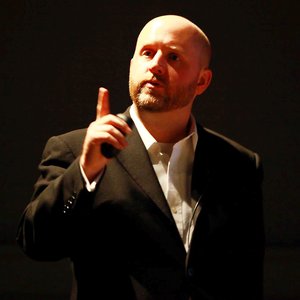
Biology Professor Jason R. Wiles Quoted by Inside Climate News
Wiles talked about recent trends in select media that seek to minimize the severity of climate change and delay action.
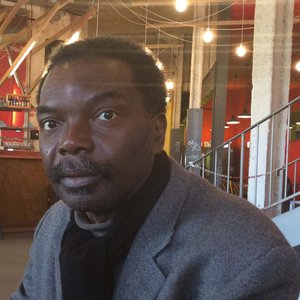
LLL Professor Quoted in The New York Times About Crisis in Haiti
Jean Jonassaint, professor of French and Francophone Studies, offers perspective on the efforts to restore order in the troubled Caribbean country.
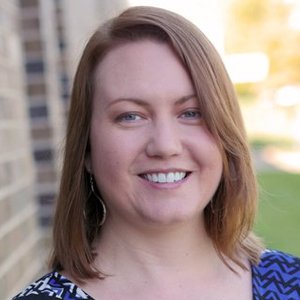
CSD Professor Featured in Syracuse Woman Magazine
Associate Professor Ellyn Riley was profiled in the magazine's August issue.
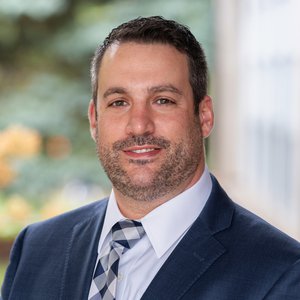
Forensics Professor Quoted in USA Today
Michael Marciano provided forensics expertise for an article on "surreptitious DNA collection."
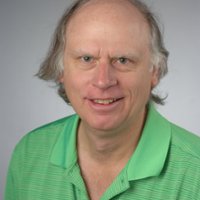
Math Professor Steven P. Diaz Weighs in on Lottery Odds
Diaz was quoted in an Associated Press article.
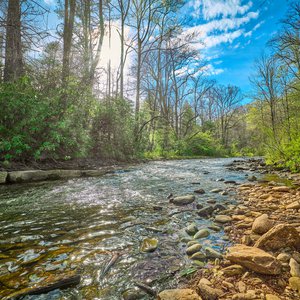
Tao Wen's Research on River Salinity and Alkalinity Featured in Popular Mechanics
Wen and his collaborators used computer modeling to find out the sources of salinization and alkalinization in U.S. watersheds.

FNSSI Executive Director Interviewed by CNN
Kathleen Corrado discussed the investigation process into drugs found in the White House.
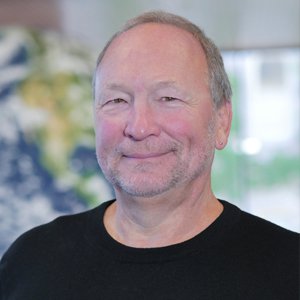
EES Professor Provides Background on Sonar Sounds Heard During Search for Titan Tourist Sub
Jeffrey A. Karson, professor emeritus of Earth and environmental sciences, was interviewed by Fox News, USA Today, NBC News and more.

African American Studies Professor Herbert Ruffin Quoted in USA Today
Ruffin was interviewed about the untold stories of Black professionals who worked in Silicon Valley.
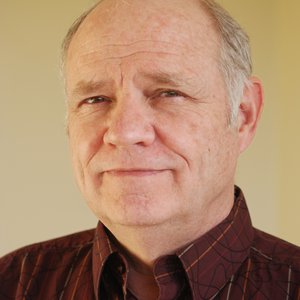
Physics Professor Quoted in Boston Herald Article About Air Quality Issues
Eric Schiff, a professor of physics and air quality expert, commented on the impact of the Canadian wildfires.
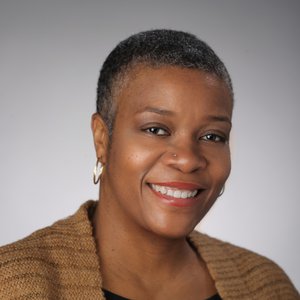
AAS Professor Quoted in New York Times Article about I-81
Professor Kishi Animashaun Ducre was interviewed for an article detailing the challenges associated with demolishing the I-81 viaduct in Syracuse.

Creative Writing Professor George Saunders Featured in Major Media Publications
Saunders appeared in Vanity Fair, the LA Times and NPR.
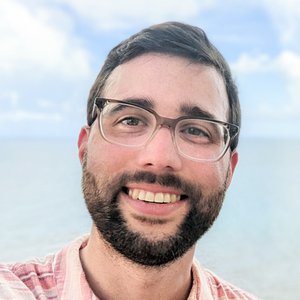
EES Professor Joshua Russell Provides Context on Destructive Earthquake
Russell was interviewed by ABC News about the factors that led to the deadly earthquake in Turkey and Syria.
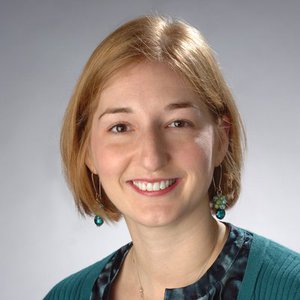
Physics Professor Lisa Manning Quoted in The Washington Post
Manning talked about the latest research breakthroughs at the BioInspired Institute.

Psychology Professor Offers Tips on Managing Holiday Stress in NYT Piece
Professor Afton Kapuscinski offers advice on handling the busy holiday schedule.
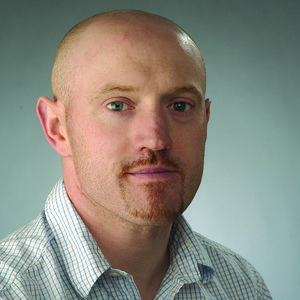
Anti-Obesity Drug Makes Headlines
Chemistry Professor Robert Doyle's research was featured in The New York Post, Healthline and the Daily Mail.
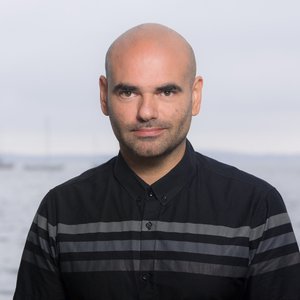
AAS Professor Vlad Dima Talks Ted Lasso with LA Times
Dima talked about the impact 'Ted Lasso' has had on the popularity of soccer in the United States.

Theo Cateforis Quoted in The Guardian
Cateforis was interviewed about the onstage behavior of the lead singer of The 1975.
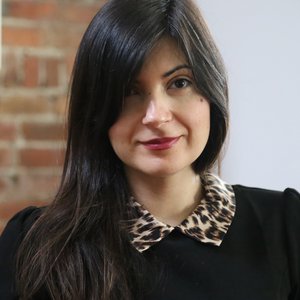
Creative Writing Professor Mona Awad Garners National Media Attention
Awad was featured alongside Margaret Atwood in a New York Times Style Magazine article.
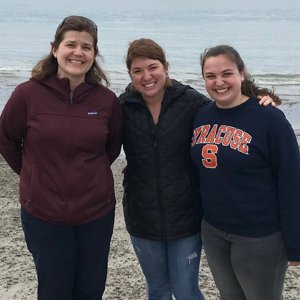
Research by A&S Biologists Featured in The Washington Post
The articles highlighted the team’s findings that whale mothers choose nursery sites where predators cannot “eavesdrop” on communication between a mother and her young.

Religion Professor Philip Arnold Quoted in National Geographic and New York Times
Arnold was interviewed about the legacy of the Doctrine of Christian Discovery.

A&S Psychologist Offers Tips for Conflict-Free Holiday Gatherings
Professor Afton Kapuscinski was quoted by CNBC.
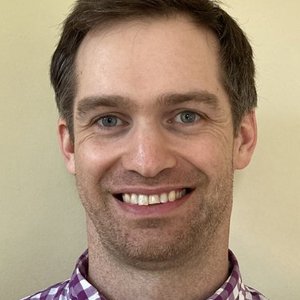
EES Professor Sam Tuttle Quoted by the Associated Press
Tuttle was interviewed as part of an Earth Day piece about environmental problems that the world fixed.
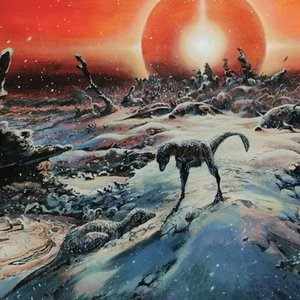
EES Researchers Featured in BBC and Newsweek
The media mentions were based off their published findings regarding the cause of extinction from the Chicxulub impact 66 million years ago.

CSD Professor Ellyn Riley Interviewed by The Washington Post
Riley discussed actor Bruce Willis’s aphasia diagnosis.
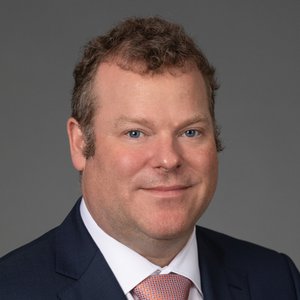
Physicist Duncan Brown Quoted by The Boston Globe and Business Insider
Brown talked about the unveiling of the first-ever image of the Milky Way's black hole.

Psychology Professor Kevin Antshel Quoted in NBC News and USA Today
Antshel commented on Instagram and TikTok’s decision to pull ads from startup company Cerebral that linked ADHD to obesity.
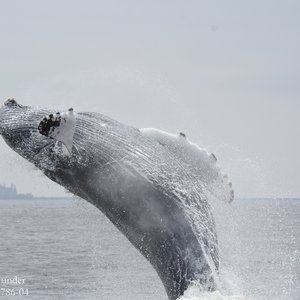
Research by Biology Ph.D. Student Featured in The New York Times and CBS New York
Zeh's research uncovered whale songs heard in the waters of the New York Bight.
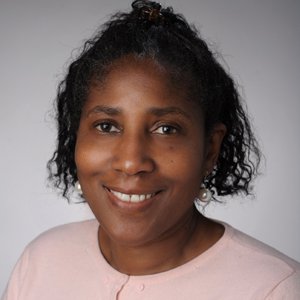
AAS Professor Danielle Taana Smith Quoted by CNN
Smith discusses the divide in how Americans view the nation’s progress toward racial equality.

Short Story by George Saunders Published in The New Yorker
Saunders' “The Mom of Bold Action,” is the story of a mother who, after her son is pushed by a homeless man, takes “justice” into her own hands.

Dana Spiotta’s Wayward Receives Critical Acclaim
Reviews and excerpts were published in The New York Times, Vogue and others.

AAS Professor Horace Campbell Quoted in LA Times and USA Today
Campbell talked about fallout from the assassination of Haiti’s president and the Haitian migrant crisis.
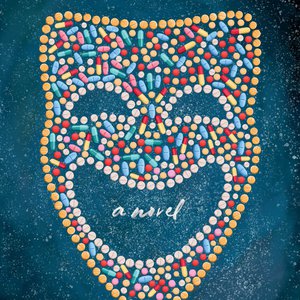
Mona Awad Featured in The Washington Post and LA Times
Reviews of her novel, All's Well, appeared in various media outlets.

Physics Professor Walter Freeman Quoted by CNN
Freeman talked about the extremely rare 'Christmas Star.'

AMH Professor Theo Cateforis Quoted in NBC News
Cateforis commented on Bob Dylan's song catalog sale to Universal Media Group.

Psychology Professor Afton Kapuscinski Quoted in USA Today, Good Housekeeping
Kapuscinski offered advice on coping with anxiety, emotional exhaustion and how to productively express your anger.

Psychology Professor Quoted in Pair of CNBC Articles
Each article looked into the the psychological toll of the COVID-19 pandemic.
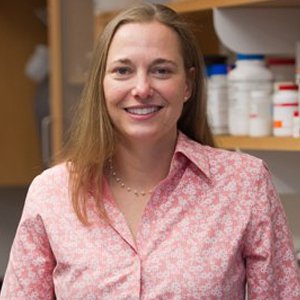
Biology Professor Kari Segraves Appears on Science Friday
Segraves discussed the surprising mating habits of the flea beetle.
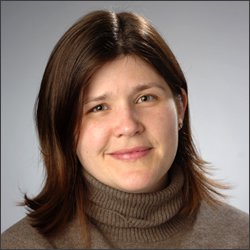
Biology Professor Susan Parks Discusses North Atlantic Right Whale Behavior with Nat Geo
Parks talked about social surface interactions within the North Atlantic right whale habitat.
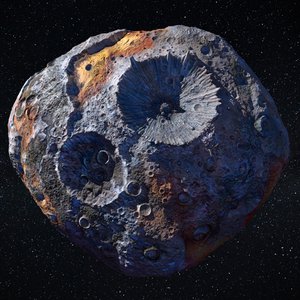
EES Professor Jeffrey Karson Quoted in Forbes
Karson talked about how lava might flow in a metallic world.
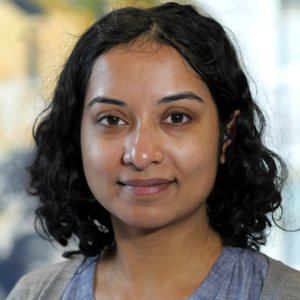
Tripti Bhattacharya Quoted by CNBC, Business Insider
Bhattacharya offered expert analysis about current environmental conditions.
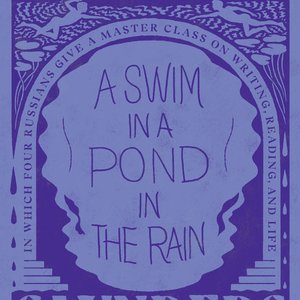
Acclaimed Author George Saunders G’88 Garners National Media Attention for New Book
Reviews and Q&As appeared in The New York Times, Esquire, The Guardian and The Dallas Morning News.
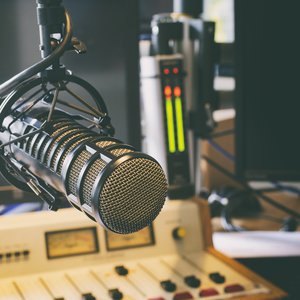
Syracuse University Faculty Discuss Accent Trauma and Forensic Linguistics on Homeland Defense and Security Podcast
SU professors discuss biolinguistics, social basis of accent discrimination and forensic linguistics of criminal detection.
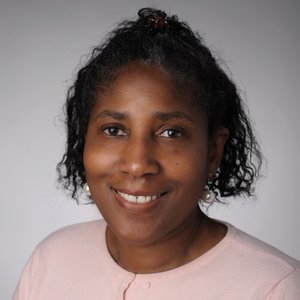
AAS Professor Danielle Smith Quoted in The Athletic
The article highlights the work of Salatha Willis, Syracuse University’s Associate Athletic Director for Diversity, Culture and Climate.
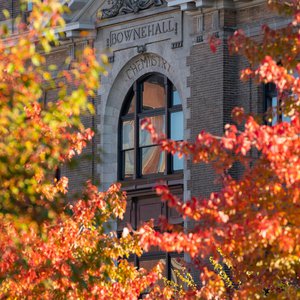
A&S Physicist Talks Fall Foliage with Spectrum News
Alan Middleton shares some of the factors that affect the timing and intensity of leaves as they change color in the fall season.
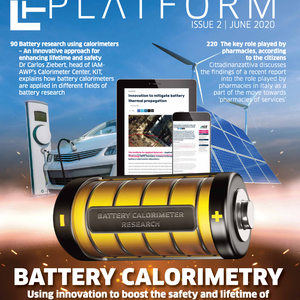
Particle Physics Research at SU Featured in International Publication
Research by particle physicists at Syracuse University appears in “The Innovation Platform."
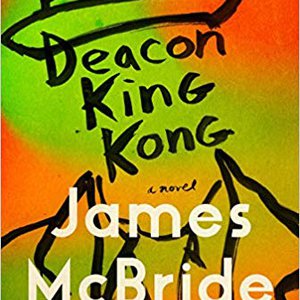
English Professor’s Book Review Featured in The New Yorker
Jonathan Dee, assistant professor of English, has book review featured in The New Yorker.

Creative Writing M.F.A. Student Published in The New Yorker
Story is titled, "Three Women of Chuck's Donuts."
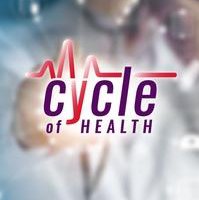
Speech Production Research Lab Featured on Health Show
Lab highlighted on WCNY-TV's Cycle of Health.
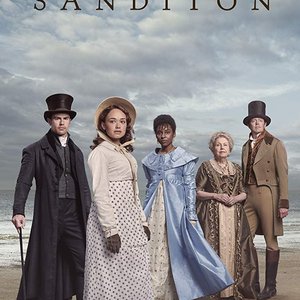
English Professor Talks All Things Austen
Professor Mike Goode gives community talk about the screen-adapted Jane Austen unfinished novel, "Sanditon."
